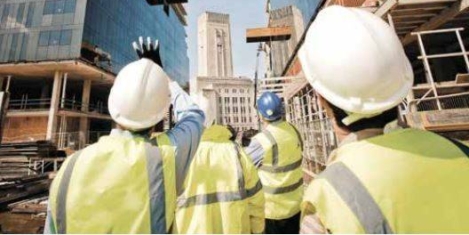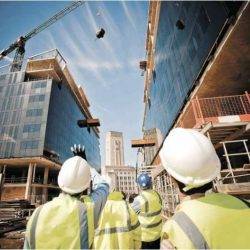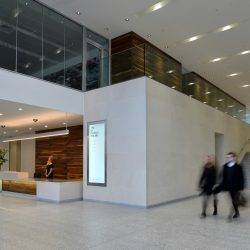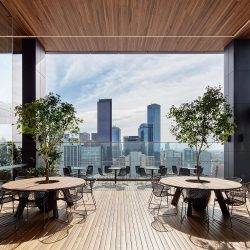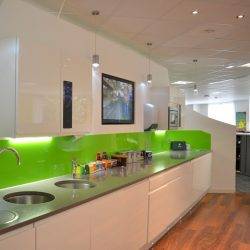December 7, 2016
Brexit could lead to a freeze of over a third of UK commercial property investment 0
 The unexpected political events of 2016 will lead to a rise in caution and risk aversion among real estate investors in 2017, making secure income streams more highly prized among core investors globally. This is expected to benefit the UK market, where high levels of transparency and stable legal structures make real estate a safety play, according to a report from real estate advisor Savills. The firm unveiled its predictions for UK real estate at its annual cross-sector briefing this week, taking a detailed look at the commercial property, residential and agricultural markets. The overall story for UK real estate is one of slower growth. In the commercial market, average total returns on UK property investments are likely to be approximately 5.6 percent per annum during 2017-2021, with a 1.6 percent five year capital growth forecast for office values and a 4.4 percent growth forecast for office income returns. The report claims that there will be a fall of around 30 to 40 percent overall, and possibly up to 50 percent in Central London.
The unexpected political events of 2016 will lead to a rise in caution and risk aversion among real estate investors in 2017, making secure income streams more highly prized among core investors globally. This is expected to benefit the UK market, where high levels of transparency and stable legal structures make real estate a safety play, according to a report from real estate advisor Savills. The firm unveiled its predictions for UK real estate at its annual cross-sector briefing this week, taking a detailed look at the commercial property, residential and agricultural markets. The overall story for UK real estate is one of slower growth. In the commercial market, average total returns on UK property investments are likely to be approximately 5.6 percent per annum during 2017-2021, with a 1.6 percent five year capital growth forecast for office values and a 4.4 percent growth forecast for office income returns. The report claims that there will be a fall of around 30 to 40 percent overall, and possibly up to 50 percent in Central London.






